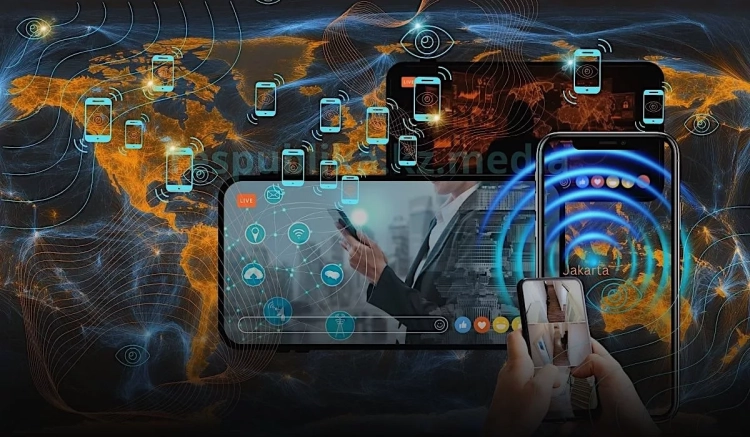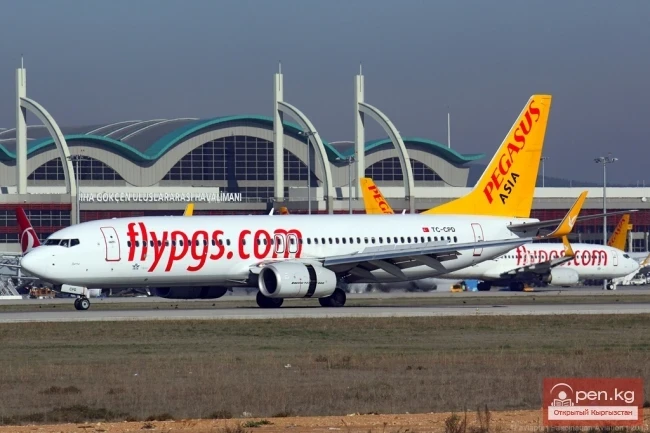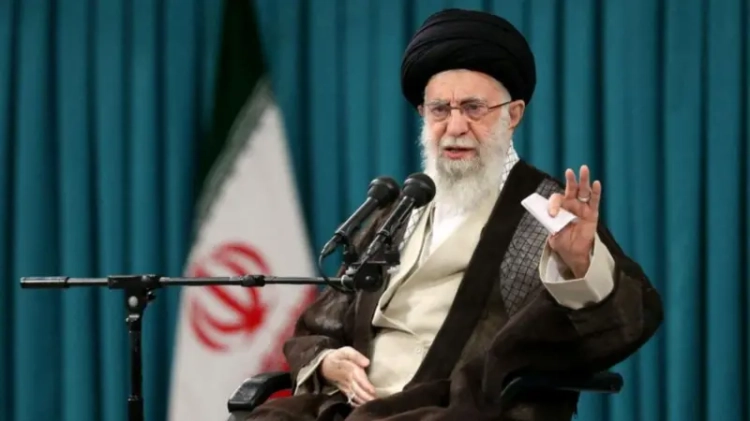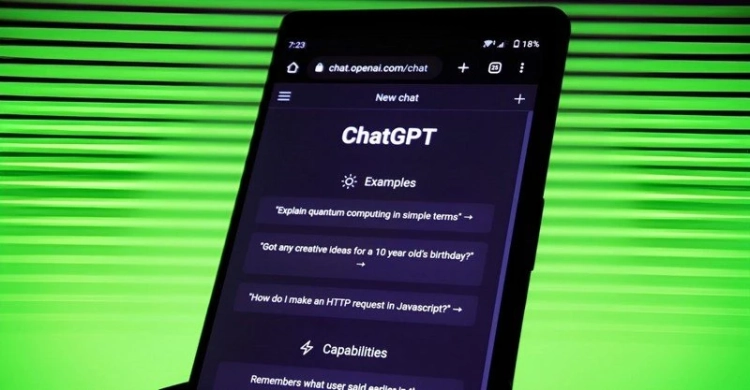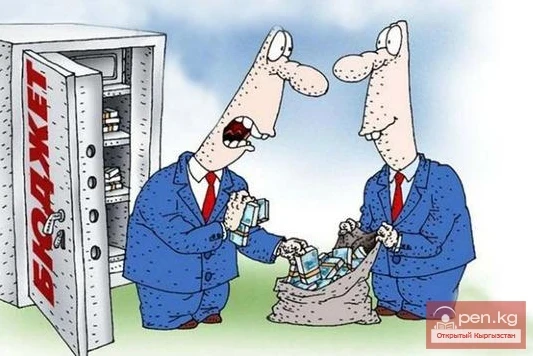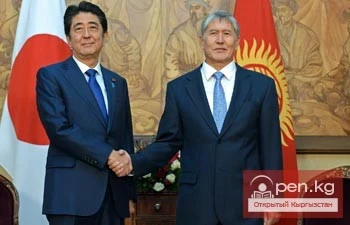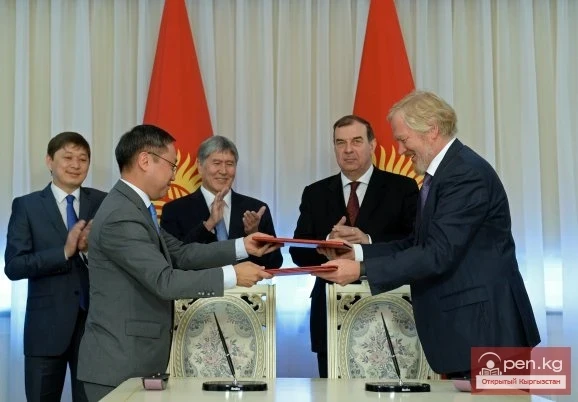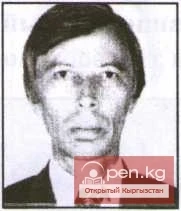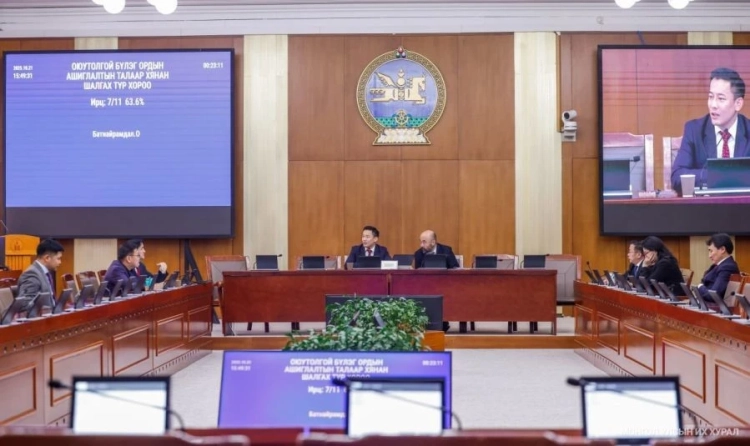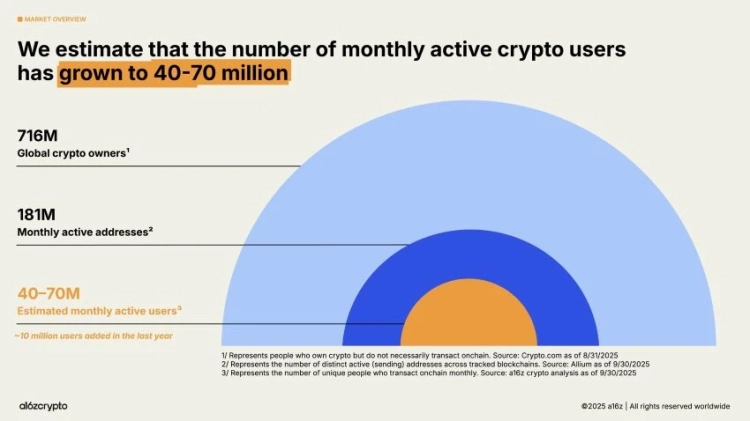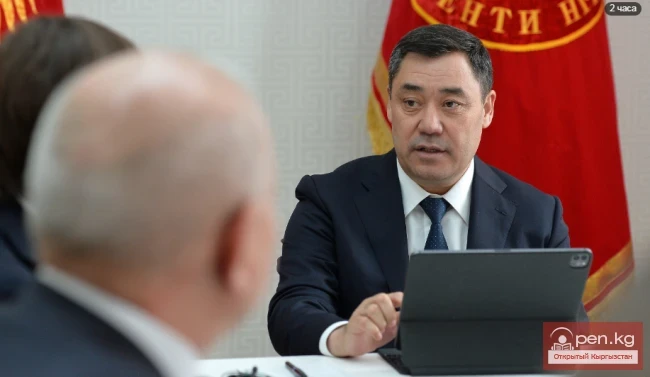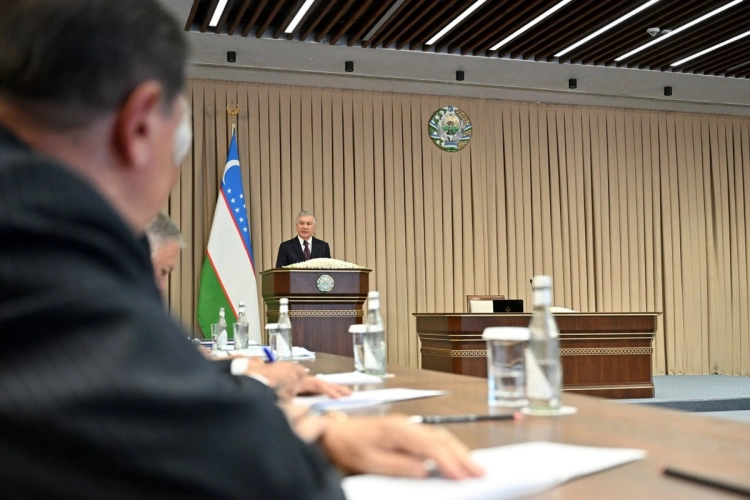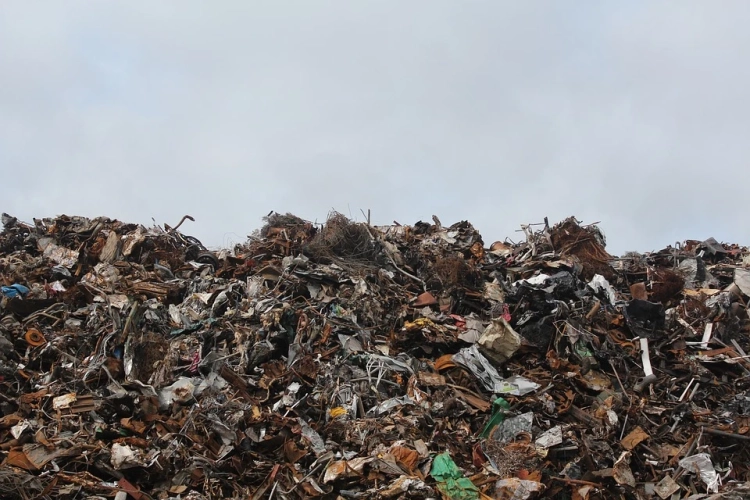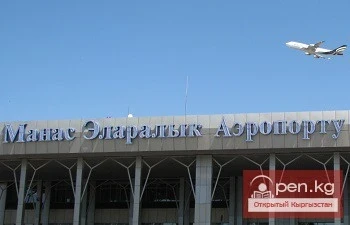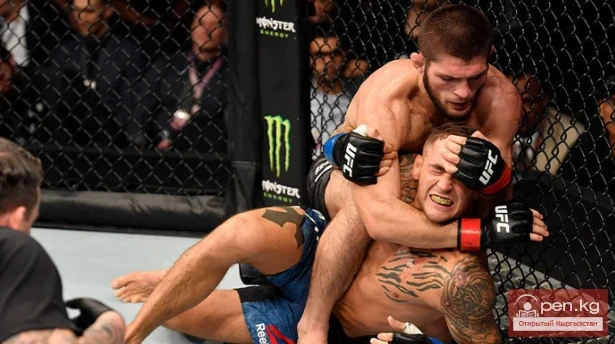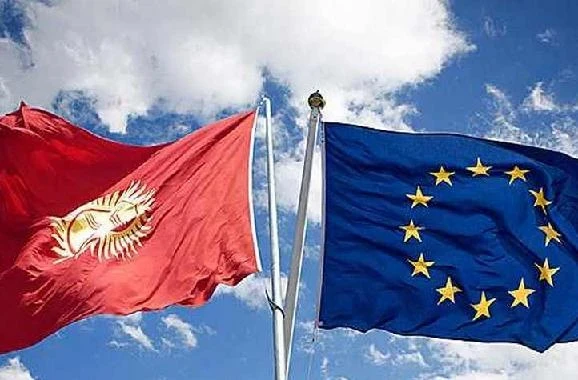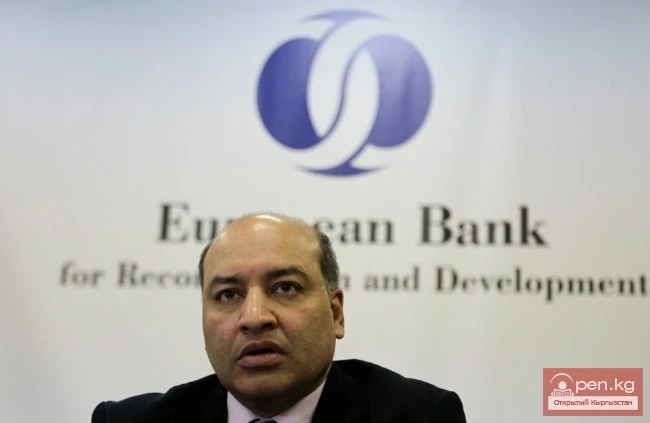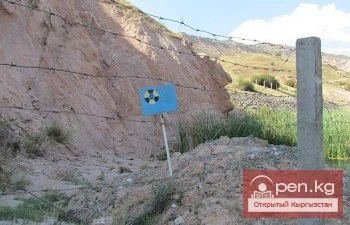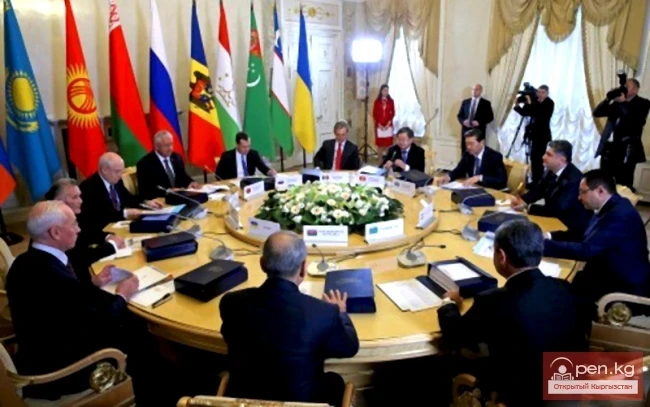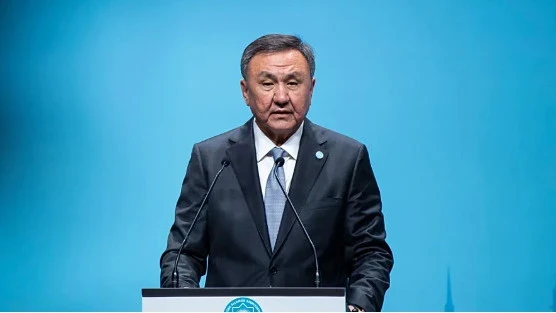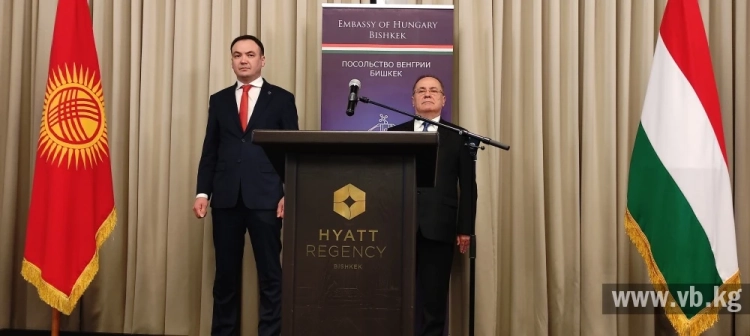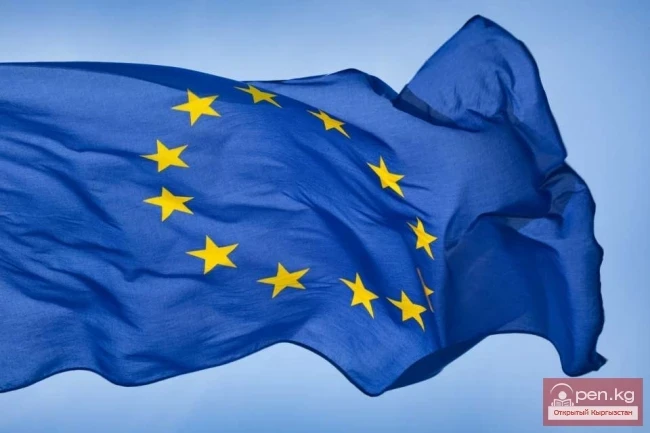The deal was confirmed shortly after a report from the Israeli tech news site Calcalist, stating that a group led by Hollywood producer Robert Simonds agreed to acquire the surveillance technology manufacturer for several tens of millions of dollars.
Hershovitz also noted that "this does not mean the company is escaping the control of Israeli regulators." According to him, the headquarters and main production facilities remain in Israel, and control over the company is retained by the relevant Israeli authorities, including the Ministry of Defense.
(After the publication, Hershovitz indicated that his comments were "not for publication," implying the need for consent from both parties for their use. TechCrunch published this information as the agreement had not been reached.)
To date, NSO Group is the most well-known player in the spyware market. Pegasus is considered one of the most advanced tools capable of silently infecting a smartphone without the need to open attachments or click on links.
As part of the "Pegasus" investigation, which involved recognized media outlets including Le Monde, the scale of the mass use of this software was revealed. Officially, it was developed to combat organized crime and terrorism; however, in several countries, it is used to surveil political opponents, activists, and journalists.
Researchers from Citizen Lab at the University of Toronto, Amnesty International, and other organizations have documented numerous cases where NSO clients used the software to spy on journalists, dissidents, and human rights defenders in countries such as Hungary, India, Mexico, Morocco, Poland, Saudi Arabia, and the UAE.
In light of all these revelations, NSO has faced political and economic difficulties, which may have been one of the reasons for the sale of the company.
It is worth noting that NSO has long claimed that its software is not used for spying on American numbers, possibly to avoid hindering its entry into the U.S. market. However, in 2021, the company was caught attacking American officials abroad. Soon after, the U.S. Department of Commerce prohibited American companies from doing business with NSO, placing it on the blacklist.
Since then, NSO has been trying to get off this list, with the latest attempt occurring in May 2025 through a lobbying firm associated with the Trump administration.
John Scott-Railton, a senior researcher at Citizen Lab who has been analyzing abuses of NSO spyware for a decade, expressed his concerns about this purchase.
"NSO is a company that has long acted against American interests and supported hacking attacks on American officials. Can such a person be trusted to manage a company like NSO Group?" Scott-Railton questions, referring to Simonds.
He is worried that NSO is actively trying to enter the U.S. market and sell its technologies to local law enforcement. "This technology, used by authoritarian regimes, has nothing to do with American citizens and their rights," Scott-Railton noted.
NOTE THAT
_
Previously, ownership of NSO changed hands multiple times. The company, founded by Niv Carmi, Shalev Hulio, and Omri Lavie, was acquired by the American investment firm Francisco Partners in 2014. Lavie and Hulio regained control of the company in 2019 with the support of the European company Novalpina. Then in 2021, management of the fund passed to the California-based Berkeley Research Group. In 2023, Lavie regained control of NSO again.

